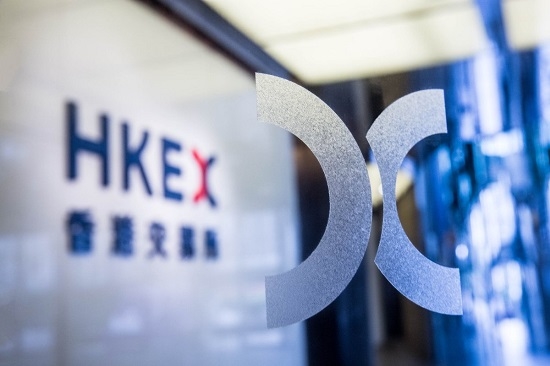Broadridge sees securities finance tech as key to front-to-back proposition

Broadridge sees its securities finance and collateral management technology as a core component of its front-to-back proposition as the US tech giant looks to explore new opportunities presented by its 2021 acquisition of Itiviti.
Ofir Gefen, head of sales and revenue for EMEA and APAC at Broadridge Trading and Connectivity Solutions, said its Securities Finance & Collateral Management solutions (SFCM) are key to the firm’s holistic proposition
He told Global Investor: “As Broadridge Trading and Connectivity Solutions, we now have the full front-to-back so that is trading, market-making, position management, compliance as well as middle office confirmation-allocation process all the way to settlement and clearing."
Gefen added: “A lot of sell-side sales also require reporting so now we have Message Automation and we have securities lending software in Securities Finance & Collateral Management solutions (SFCM) which is great because a lot of clients will say “we like the OMS but can you help us with securities lending?” Now we can do that.”
Gefen said: “If we go back to the reasons why Broadridge bought Itiviti, it is around Broadridge getting that front office footprint but it’s also about geography. Broadridge is well known in North America, it has a good footprint in the UK and Japan but a relatively small presence in the rest of EMEA and Asia which is where Itiviti was strong."
Gefen added: “As Itiviti, we were always missing a brand in the US and Broadridge has given us that, opening doors for our order management system (OMS) and market-making products on the sell-side.”
Asked about the prospect of tighter scrutiny of technology vendors after the ION cyber attack last month, Gefen said: “I expect, looking ahead, there will be increased scrutiny of what sorts of back-ups regulated entities have for their IT solutions and that is one area that I think will develop. The other is what sort of cyber-security measures do the vendor systems have?”
He said technology firms that supply heavily regulated entities like investment banks have been subject to de facto regulation though they have not been directly regulated themselves.
Gefen cited the Hong Kong regulator’s regulation of algorithmic trading in 2012: “That regulation fell on the regulated entity but not on the vendors but, in reality, a lot of these pieces of kit such as OMSs and execution management systems (EMS) fell under this regulation so what happened was the broker turned around to the vendor and said “here is some regulation that we have to comply with, so can you show us that you are complying with it?”
He added: “So, while the burden was on the regulated entity, a lot of the vendors were aligned with what the regulators required from the vendors’ clients. So, yes, we have been a step removed from that, but it has been getting closer and closer.”
Found this useful?
Take a complimentary trial of the FOW Marketing Intelligence Platform – the comprehensive source of news and analysis across the buy- and sell- side.
Gain access to:
- A single source of in-depth news, insight and analysis across Asset Management, Securities Finance, Custody, Fund Services and Derivatives
- Our interactive database, optimized to enable you to summarise data and build graphs outlining market activity
- Exclusive whitepapers, supplements and industry analysis curated and published by Futures & Options World
- Breaking news, daily and weekly alerts on the markets most relevant to you



